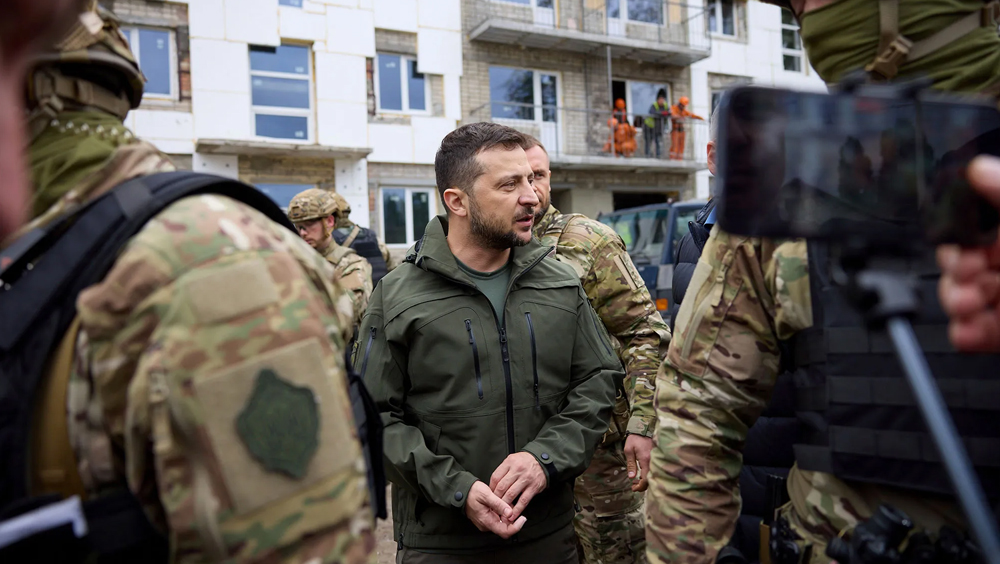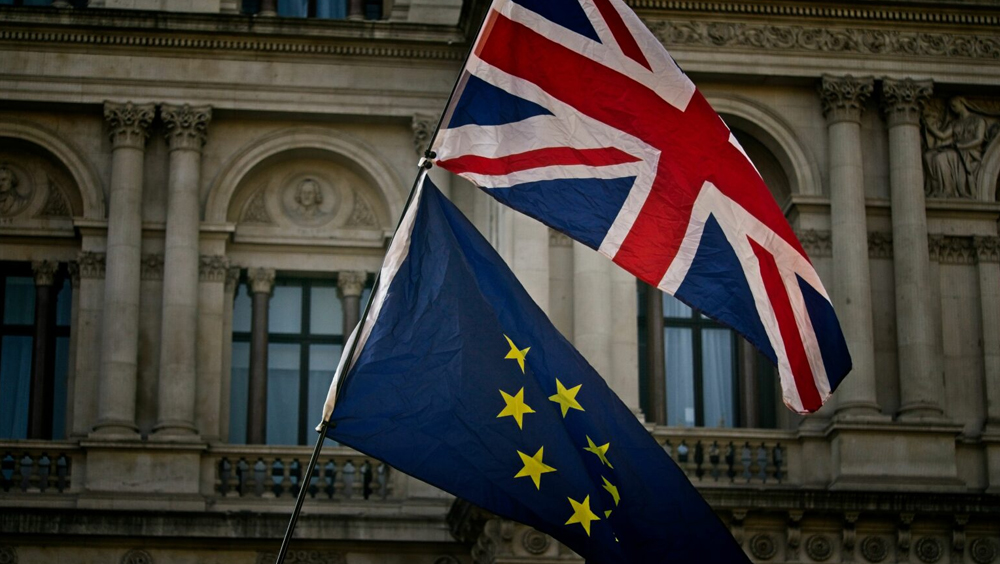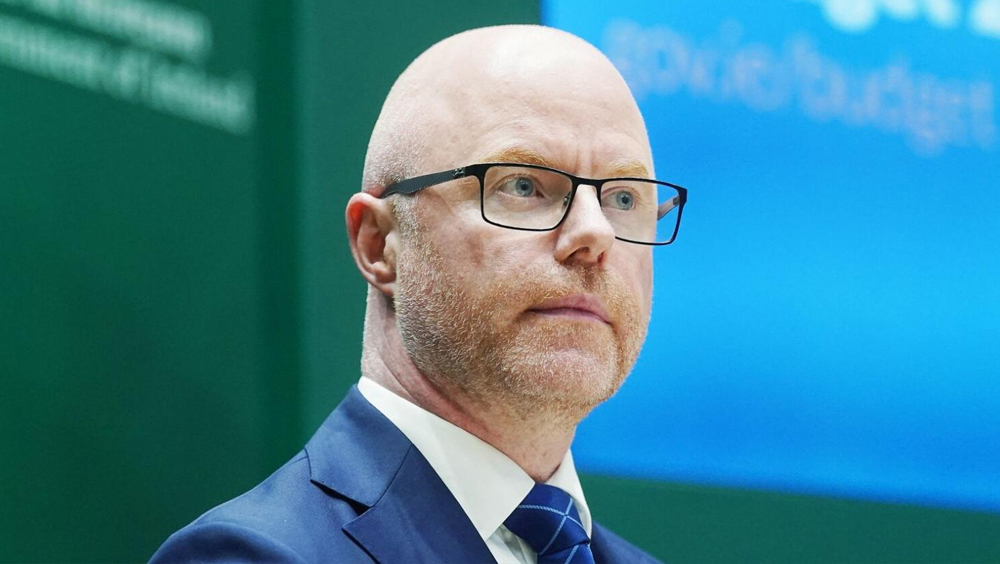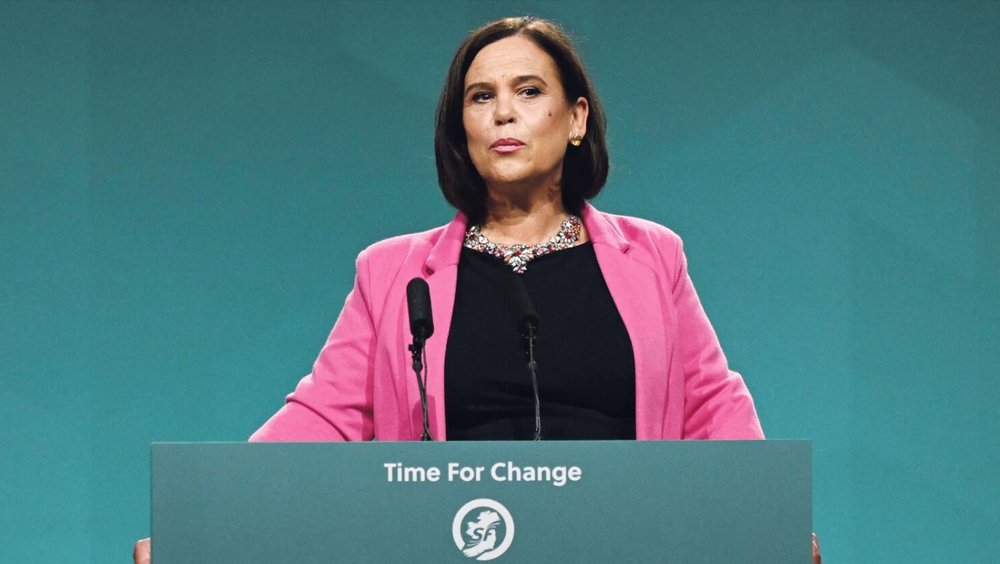Poverty, housing and economy
36% of voters say the fight against poverty and social exclusion is a priority, while 33% rank the economy as a key issue. Ireland has endured strong economic growth over the past number of years, even while the broader EU economy has slowed. Yet, the housing crisis dominates the domestic political agenda as the issue consistently of most importance to the electorate in recent years. House building has been strong in early 2024, with Minister Eamon Ryan predicting that Ireland will exceed its target of 33,450 new builds with 40,000 projected. However, there is still a significant gap between the rate of construction and demand which will see house prices continue to rise for the foreseeable future. Many going to the European polls will be willing to punish government parties for their perceived domestic failures.
A splintered political landscape
It is difficult to think of a time where Ireland’s political landscape has been so fragmented, with no party currently polling above 30%. The evaporation of the civil war status quo, whereby governments would be led by either one of either Fianna Fáil or Fine Gael, has created a new dynamic in Irish politics, reflective of advanced proportional representation parliamentary democracies across Europe, where Sinn Féin are the dominant opposition party, yet do not possess any clear path to majority rule absent of a broad coalition which may have to include Fianna Fáil. As such, because the EU elections are paired with local elections, it is likely that the final results will reflect our fractured polling which offers no clear and dominant winner. The growth in support for independents makes it increasingly difficult to see a breakthrough moment for any of the major parties at EU level, although there is scope for Mary Lou McDonald’s Sinn Féin to capture additional seats given their poorer than expected showing in 2019.





